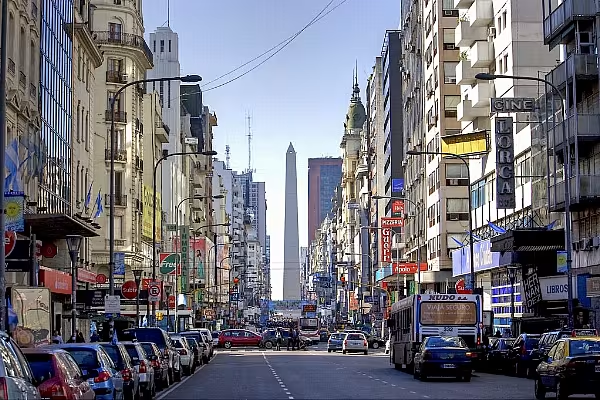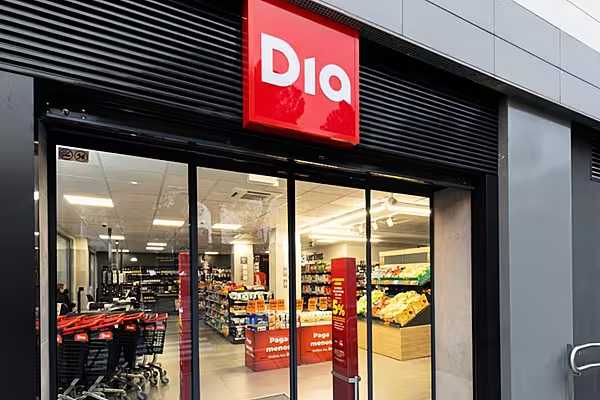Sales of everything from cars to food and beauty products slowed in Argentina following a collapse in the peso currency, as suppliers held back shipments while trying to calculate how the devaluation will affect consumer prices.
Uncertainty has reigned in Argentine markets since business-friendly President Mauricio Macri was trounced in Sunday's primary vote by centre-left challenger Alberto Fernandez, ahead of the presidential election on 27 October.
Fernandez pulled off a stunning upset in the primary with a wider-than-expected 15-point lead over Macri, a free market proponent and favourite among investors.
The peso got slammed for a third day on Wednesday, despite Macri unveiling measures to soften the impact of austerity on voters, as savers piled into US dollars rather than wait to see if the steps would be enough to boost his popularity.
Supply Chain Disruption
Gabriel Fernandez, general secretary of the Argentine Federation of Bakery Industries and owner of a bakery, said his flour supplier had warned him he would only sell a portion of what he usually provides because the mills had cut sales.
"They want to make decisions based on the new value of flour," he told Reuters. "With the decrease in the value of the peso, they are trying to hold onto merchandise until the situation becomes more clear."
Macri's austere public spending policies are liked by the bond market but they have proven disastrous for his popularity among middle- and low-income Argentines struggling to pay electricity and heating gas bills that surged after the administration cut subsidies.
In the wake of Sunday's vote, the 23% crash in the peso unnerved stock and bond markets already shaken by the Sino-US trade war and protests in Hong Kong.
Impact On Supermarkets
An executive at an international supermarket, who spoke on condition of anonymity, complained that suppliers were holding back deliveries following the drop in the currency, draining inventories in stores.
"We had many purchase orders pending delivery but they called us from the supplier companies to renegotiate the price of the order," the source said.
While this has halted some stores from restocking, disruptions of final sales have so far been minor, retailers said.
However, some home appliance stores in Buenos Aires removed price tags for products on display, rather than guess at updated values.
"You have to be very careful because, at this point, when it comes to prices, it seems like anything goes," said Sandra Gonzalez, president of the Association of Argentine Consumers, or ADECUA, said in a phone interview.
News by Reuters, edited by ESM. Click subscribe to sign up to ESM: European Supermarket Magazine.














